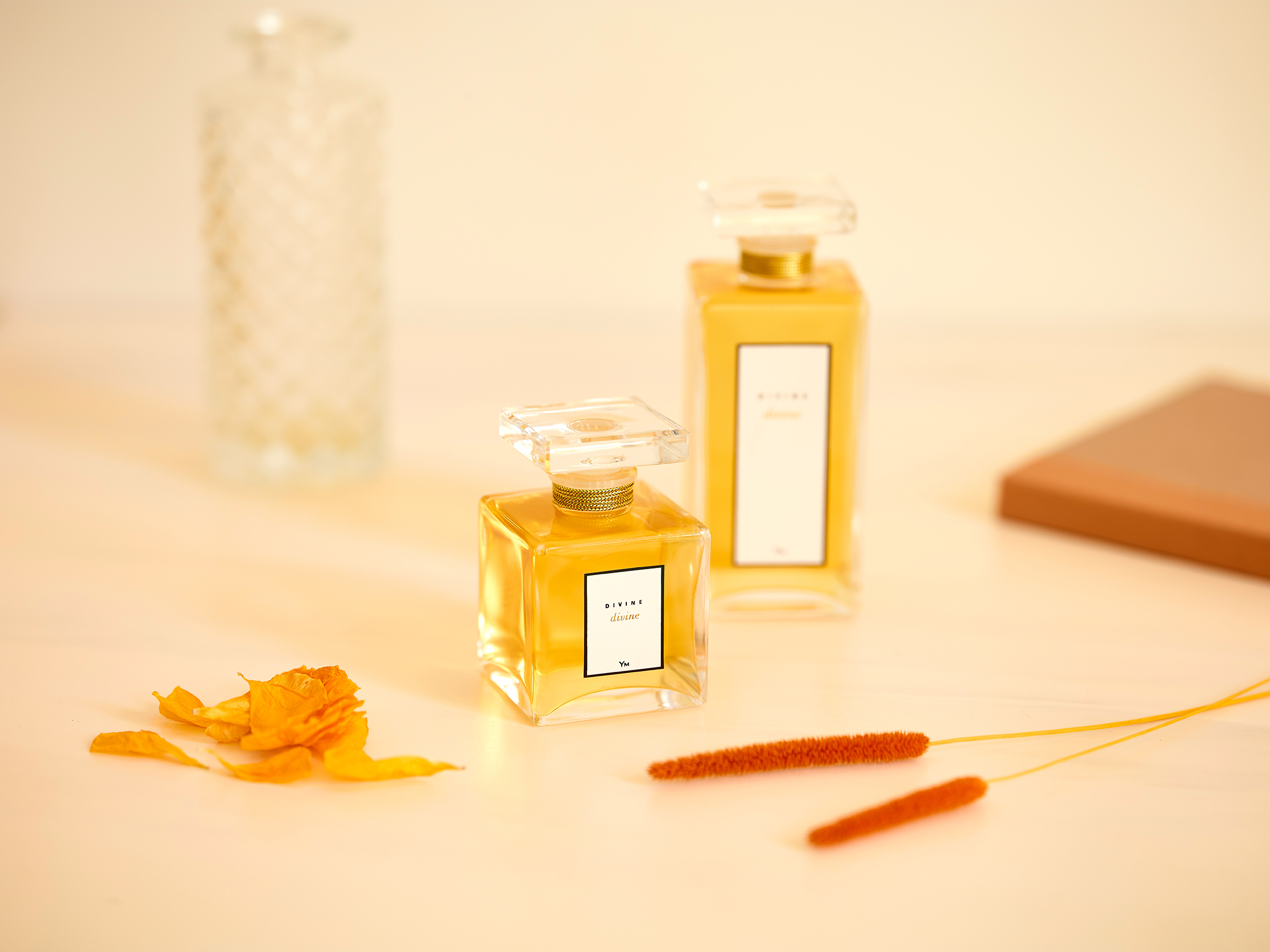
The lifetime of a perfume varies between 3 and 5 years for an open bottle and kept in good conditions (see below). For a perfume in a closed bottle (unopened) and protected from light, and moisture, it can last about ten years.

The lifetime of a perfume varies between 3 and 5 years for an open bottle and kept in good conditions (see below). For a perfume in a closed bottle (unopened) and protected from light, and moisture, it can last about ten years.

Our perfumes are mostly based on alcohol; which is the better antiseptic for health, so there is no risk to your health, the only risk is not to smell as good as usual!

Do you have a doubt about a perfume that you have had for many years?
Two ways to find out:
The color: if it has evolved, especially due to oxidation, and has become very amber / brown – this may be a first sign. As a reminder more the bottle is empty, the more the juice will deteriorate quickly because of being in contact with more air.
The olfactory: if the perfume has a scent a bit rancid and pungent in mind – you can be sure that it has turned.
If you have a doubt, ask a loved one to smell and evaluate it for you!

The worst enemies for perfume are temperature shocks, light, humidity, and especially air!
The best way to keep your perfume as long as possible is to keep it in its original box in a cabinet in your room away from light, heat and tightly closed to avoid contact with the air . Puting it on display in your bathroom, or on the edge of a window is not at all a good idea, wait until your bottles are empty to put them as decoration!
In general, the vaporizers keep better than the splash bottles, opening them regularly promotes contact with air and thus accelerates oxidation. A full bottle will always be better than an open bottle half empty.
Finally, perfume waters and extracts, more concentrated in perfume, are better preserved than eau de toilette and colognes, which are more volatile. As with the holding of a perfume, the aromatic and citrus notes at the top being more volatile, they are often more sensitive to oxidation whereas base notes, which are more powerful and slow to develop, become suddenly more resistant to instability over time.
Recent Comments